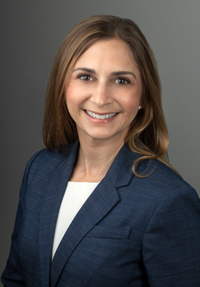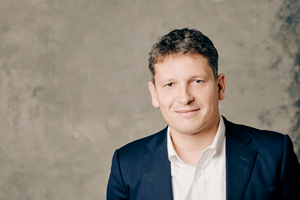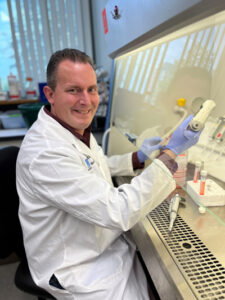Since 2005, we’ve awarded over 135 Seed Grants across 55 institutions, planting the first seeds of groundbreaking research at UCLA, Johns Hopkins, Mayo Clinic, MD Anderson, Memorial Sloan Kettering, and beyond. As we celebrate this legacy, we recognize that the fight to cure pancreatic cancer needs more than a strong beginning, it requires support every step of the way.
At a time when federal research funding is shrinking, our work is more vital than ever. The National Institutes of Health (NIH) and Department of Defense (DoD) have slashed pancreatic cancer-specific grants, leaving researchers scrambling for resources to continue their work. Without funding, promising discoveries stall, postdocs lose support, and lifesaving progress is delayed.
Beyond the Seed is a bold new initiative that aims to bridge this funding gap and ensure research doesn’t just begin, but continues and reaches patients. We cannot afford to let breakthroughs fade due to lack of funding. We know that private research has helped these ideas bloom from seeds into progress, it’s crucial we ensure that research doesn’t just begin – but continues, evolves, and reaches the patients who need it most.
The consequences of these funding cuts are already reverberating throughout the research community. “The total budget of CDMRP has been significantly cut for 2025,” explains Dr. Miklos Sahin-Toth, Chair of the Foundation’s Scientific Advisory Board. “Pancreatic cancer-specific funding was eliminated this year, and while general cancer grants remain, the chances of securing them are far worse. This disruption threatens ongoing work and the future of postdocs and students counting on support.”
As Dr. Timothy Donahue, Director of the UCLA Agi Hirshberg Center for Pancreatic Diseases wrote us, “The recent federal budget cuts to pancreatic cancer research will significantly slow progress at UCLA and across the country. These reductions threaten our ability to develop new therapies, launch innovative clinical trials, and ultimately improve outcomes for patients facing this devastating disease.”
Support Research: Donate Now
Your donation today will fuel the next phase of research, ensuring that promising studies reach the clinical stage and lead to real impact. Together, we can carry promising science from an early hypothesis to transformative discoveries. As we celebrate 20 years of sowing the seeds of hope, help us take the next step: toward a future of breakthroughs where lives are saved.
Advocate for Change: Contact Your Representatives
Beyond donating, you can make a lasting impact by urging lawmakers to prioritize pancreatic cancer research funding. Federal budget cuts are stalling critical advancements, jeopardizing promising studies, and limiting access to innovative treatments. By reaching out to your representatives and government officials, you can help restore and expand research funding, ensuring that scientists have the resources needed to continue their lifesaving work. Your voice matters, policymakers need to hear from constituents who care about this issue.
Suggested Message:
"As a member of the pancreatic cancer community, I am deeply concerned about the federal cuts to cancer research funding and fear for the lives of patients and families facing this disease in the future. I urge you to support increased funding for pancreatic cancer research to ensure progress continues toward earlier detection, better treatments, and ultimately, a cure."
Contact your representatives today and be a champion for pancreatic cancer research!
Spread Awareness: Share the Facts
Show you care about advancing research by forwarding this information to friends and family. Our Awareness Resources (available in both English and Spanish) make it easier to share the facts. By spreading awareness and encouraging others to give, you’re not just supporting research – you’re giving hope to patients and families who are counting on progress. Every voice raised and every dollar donated helps move us closer to a cure.
 Andrea Bullock, MD, MPH, received a 2011
Andrea Bullock, MD, MPH, received a 2011  Ken Herrmann, MD, MBA, is a global leader in oncologic nuclear medicine with a career dedicated to advancing theranostics, an innovative field that combines diagnostics with targeted therapies.
Ken Herrmann, MD, MBA, is a global leader in oncologic nuclear medicine with a career dedicated to advancing theranostics, an innovative field that combines diagnostics with targeted therapies. Dr. Ethan Abel, a 2021 Hirshberg Foundation
Dr. Ethan Abel, a 2021 Hirshberg Foundation